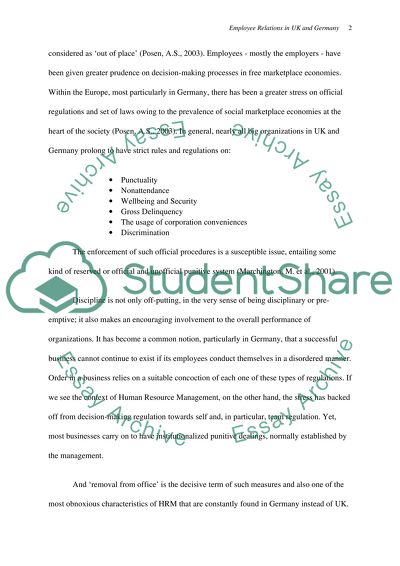Cite this document
(“Employee Relations in UK and Germany Essay Example | Topics and Well Written Essays - 1500 words”, n.d.)
Employee Relations in UK and Germany Essay Example | Topics and Well Written Essays - 1500 words. Retrieved from https://studentshare.org/sociology/1519659-employee-relations-in-uk-and-germany
Employee Relations in UK and Germany Essay Example | Topics and Well Written Essays - 1500 words. Retrieved from https://studentshare.org/sociology/1519659-employee-relations-in-uk-and-germany
(Employee Relations in UK and Germany Essay Example | Topics and Well Written Essays - 1500 Words)
Employee Relations in UK and Germany Essay Example | Topics and Well Written Essays - 1500 Words. https://studentshare.org/sociology/1519659-employee-relations-in-uk-and-germany.
Employee Relations in UK and Germany Essay Example | Topics and Well Written Essays - 1500 Words. https://studentshare.org/sociology/1519659-employee-relations-in-uk-and-germany.
“Employee Relations in UK and Germany Essay Example | Topics and Well Written Essays - 1500 Words”, n.d. https://studentshare.org/sociology/1519659-employee-relations-in-uk-and-germany.


